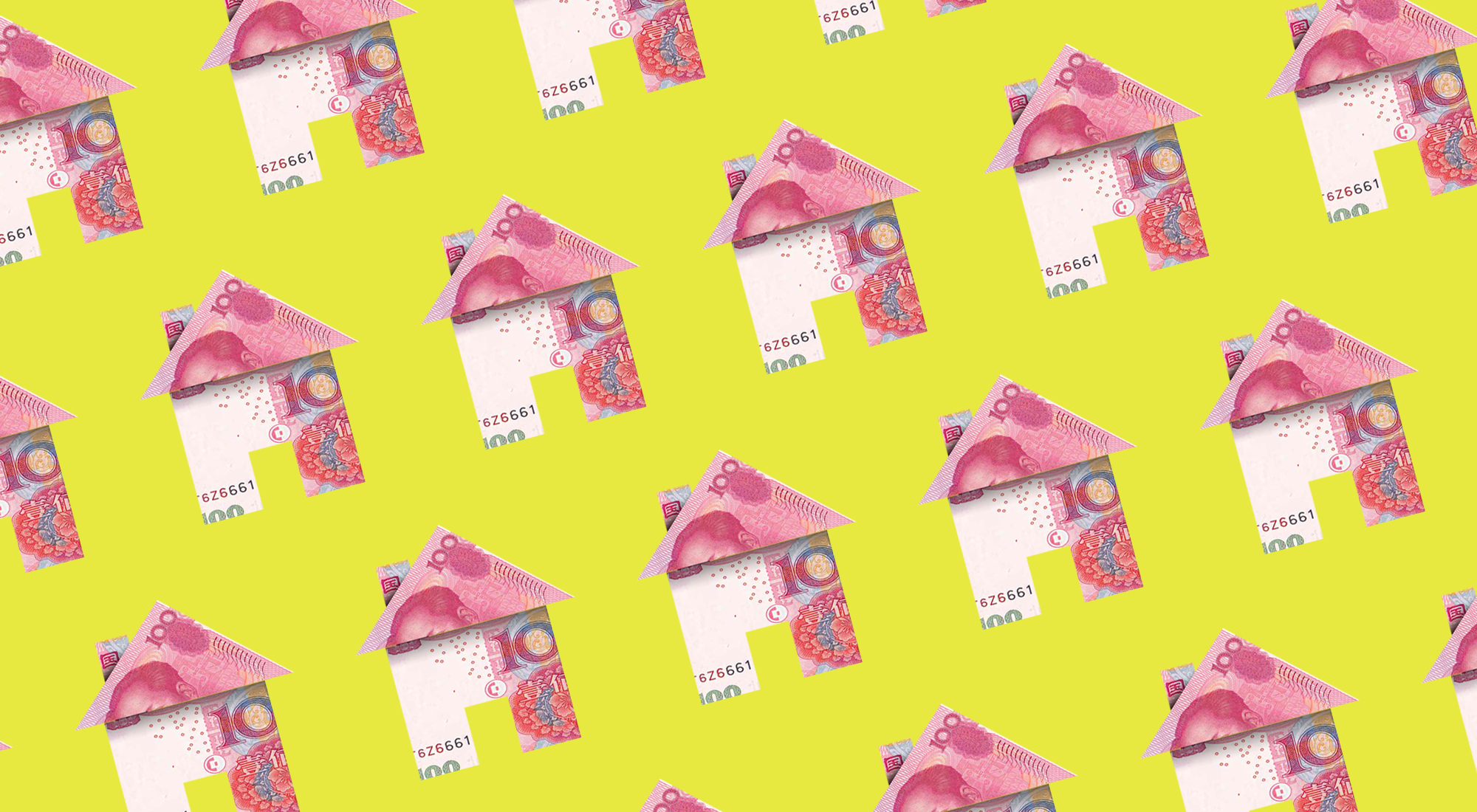Xi wants to reshape the economy, but are property taxes going too far?
One reason why apartments in Chinese cities are so expensive is that their owners pay no tax on them, which distorts the economy and creates a host of socio-economic problems. But fixing this problem might just be too difficult, even for Xi Jinping.

Recognizing that runaway home prices are hurting Chinese families and distorting the economy, Xí Jìnpíng 习近平 has since 2016 regularly said (in Chinese), “Housing is for living, not for speculation.” If he gets his way, housing will be for taxing, too, and that could go some way to addressing the problem:
- In his landmark “common prosperity” essay last week for Party journal Qiushi, Xi advocates for a real-estate tax, which doesn’t currently exist in most Chinese cities.
- Pilot taxation programs have stalled since 2011, when Shanghai and Chongqing began charging owners of high-end and second homes between 0.4% and 1.2%.
Why China needs a real estate tax
Around 80% of household wealth in China is in real estate. But purchasers only pay a one time tax when they acquire the properties, no regular duty. This means that many owners have second or multiple homes that they often choose to leave empty rather than rent out — it does not cost anything to just keep an empty apartment as a store of value.
A real estate tax would force more owners to put their properties up for rent or sale, which would presumably bring down prices and disincentivize speculation, and so keep prices in check — home prices have skyrocketed over 2,000% since the 1990s.
Additionally, local governments in China have, since the 1990s, relied on land sales to developers as their major source of income. But this income is finite — there’s only so much land to sell. A regular property tax would give local governments a predictable, recurring source of funds.
Why China probably won’t get a real estate tax soon
There are three major reasons that a real estate tax might not happen:
- Lower real estate prices would be good for many consumers, but not if the tax tanked the market and therefore the net worth of most Chinese citizens.
- There would also be a real cash crunch for many Chinese families: Many workers at state enterprises were allotted free or cheap housing in the 1990s and 2000s that is now worth millions that would now be taxable, but those individuals may not have enough recurring income to afford the taxes.
- Implementing the tax would require better documentation of home ownership, potentially revealing the assets of the many officials who own multiple properties, as analyst Martin Chorzempa points out.
These factors might mean that even Chairman Xi won’t be able to force this one through. According to the Wall Street Journal, “both the Party’s elites and its rank-and-file members” are overwhelmingly against the tax.
More on China’s problematic property tax:
China’s magical disappearing, reappearing property tax / WSJ (paywall)
“A property tax is a good idea, but with the economy already on the brink of a steep slowdown, there is a risk of policy overreach.”
In tackling China’s real-estate bubble, Xi Jinping faces resistance to property-tax plan / WSJ (paywall)
“After negative feedback from within the party, an initial proposal to test a property tax in some 30 cities has been significantly scaled down.”






